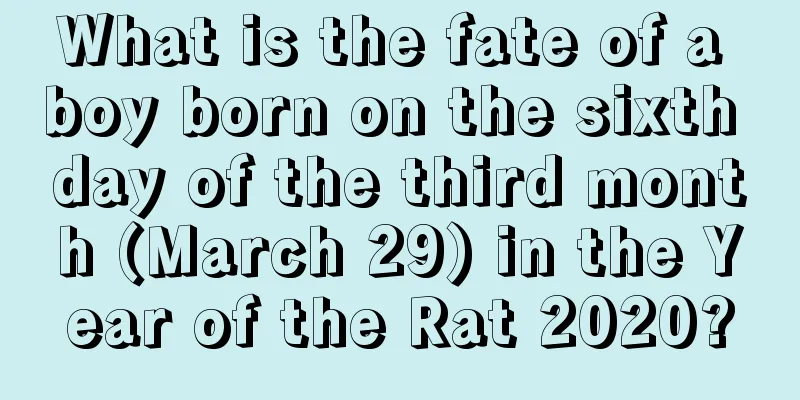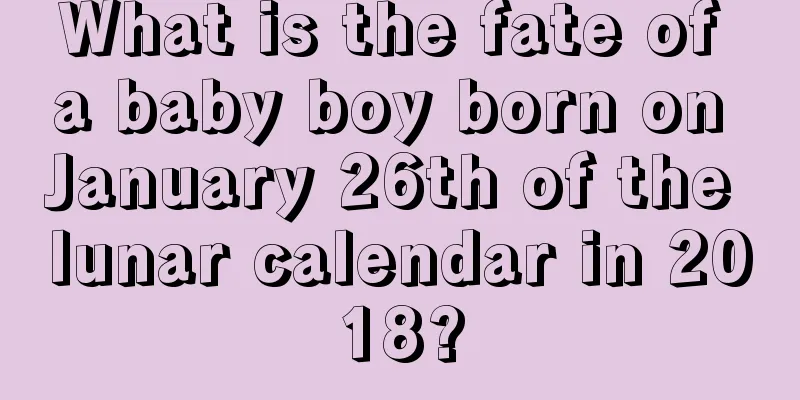What is the difference between the Zhongyuan Festival, Shangyuan Festival and Xiayuan Festival?

The Zhongyuan Festival is on July 15th every year. What is the difference between the Zhongyuan Festival and the Shangyuan Festival and Xiayuan Festival? July is also known as the "Orchid Month" because many varieties of orchids choose to bloom in July. Therefore, the orchids in July are filled with fragrance and are therefore called the "Orchid Month." If you want to know more about the seventh month of the lunar calendar in 2019, please follow Mr. Shui Mo’s website!What is the difference between the Zhongyuan Festival, Shangyuan Festival and Xiayuan Festival?1. Different time:The Zhongyuan Festival is on July 15th every year. It evolved from the ancient "mid-July" festival when people celebrated the harvest and offered sacrifices to their ancestors in autumn. The Mid-Autumn Festival is a festival in early autumn for people to celebrate the harvest and give thanks to the earth. When the crops are ripe, people usually worship their ancestors and offer new rice as sacrifices to report the autumn harvest to their ancestors. It is a traditional cultural festival that commemorates the ancestors. The Lantern Festival is on the fifteenth day of the first lunar month every year. It is also known as the Lantern Festival and is one of China's traditional festivals. The first month of the lunar calendar is the first month of the year. The ancients called "night" "xiao". The fifteenth day of the first month is the first full-moon night of the year, so the fifteenth day of the first month is called the "Lantern Festival". The Lower Yuan Festival is on October 15th every year. The Lower Yuan Festival is the day when the Water God relieves people from disasters and the Emperor Yanggu relieves people from misfortunes. In folk culture, on this day, there is a custom among folk craftsmen of offering sacrifices to the furnace god. The furnace god is Taishang Laojun, which probably originated from the Taoist custom of using furnace to make elixirs. 2. Different folk customs: The Ghost Festival, ancestor worship: The main customs of the Ghost Festival include ancestor worship, releasing river lanterns, worshiping the dead souls, burning paper ingots, etc. Taoism believes that the 15th day of the seventh lunar month is the birthday of the God of Earth. On the day of praying to the God of Earth to forgive sins, the underworld will release all ghosts and the deceased ancestors can return home for reunion. Therefore, the 15th day of the seventh lunar month to worship ancestors is called the "Zhongyuan Festival". Lantern Festival, celebrating the Lantern Festival: The Lantern Festival is one of the traditional festivals in China, the Chinese character cultural circle and overseas Chinese. The Lantern Festival mainly includes a series of traditional folk activities such as viewing lanterns, eating rice dumplings, guessing lantern riddles, and setting off fireworks. In addition, many places have added traditional folk performances such as dragon lantern and lion dances, stilt walking, land boat racing, yangko dance, and Taiping drum performances to the Lantern Festival. Lower Yuan Festival, ancestor worship: Lower Yuan Festival is one of the dates for fasting stipulated in Taoist fasting rules. Taking Beijing as an example, during the Lower Yuan Festival, every household has to make "bean paste bones". "Bean paste" is the "sweet bean paste" made from red beans. It is the Beijing snack "Red Bean Paste Buns". This kind of "red bean paste buns" that can be eaten all year round was already a seasonal food in October of the first month of winter in the Ming Dynasty hundreds of years ago. 3. Different festival foods: Eating live sheep on the Ghost Festival: In old Beijing and rural areas of North China, it is a popular custom for grandfathers and uncles to give live sheep to their nephews on July 15th. Legend has it that this custom is related to the legend of Chenxiang splitting the mountain to save his mother. From then on, the custom of uncle sending a live sheep was left behind among the people, and later it gradually evolved into sending a pair of sheep. Eating Tangyuan during the Lantern Festival: "Yuanxiao" as a food has a long history in China. In the Song Dynasty, a novel food for the Lantern Festival became popular among the people. This kind of food was originally called "Fuyuanzi" and later called "Yuanxiao". Businessmen also gave it a nice name "Yuanbao". In the north, people “roll” Yuanxiao, while in the south, people “wrap” glutinous rice balls. These are two foods with different preparation methods and tastes. Eating rice crackers during the Lower Yuan Festival: The 15th day of the tenth month of the lunar calendar is the traditional folk festival, the Lower Yuan Festival, which is also the birthday of the Lord of the Five Grains, commonly known as "the birth of the Lord of the Five Grains" (also known as "the birth of the Mother of the Five Grains"). In Chaoshan area, people worship the God of Five Grains by steaming the "Idol of the God of Five Grains" and some foods such as "sharp poles" and "ears of millet" that symbolize farm tools and grains. Destiny refers to a pattern in which things are carried out by a combination of variables and constants. Destiny and luck are two different concepts. Fate is determined at birth, but fortune is always changing. Do you want to know when your good luck will come? Then take a look at the [ Excellent Calculation ] below, and may you have peace and happiness in your life! |
<<: Is September 22nd of the lunar calendar 2019 a good day? Is it an auspicious day?
Recommend
Can’t go back to my parents’ home on March 3rd? What are the taboos of March 3rd?
The third month of the lunar calendar is one of th...
What day is Jingzhe? What is the meaning of Jingzhe?
Speaking of Jingzhe, I believe everyone is familia...
When is the Dragon Boat Festival in 2019? What are the taboos of the Dragon Boat Festival?
The Dragon Boat Festival is a traditional Chinese ...
How much do you know about how to cultivate your own Feng Shui through good Feng Shui?
Introduction: Feng Shui usually uses certain prin...
Is it a good time to move to a new house on the fifth day of the fifth lunar month in 2019?
Pomegranate flowers are in full bloom in May of t...
Is the fourth day of the third lunar month in 2019 suitable for seeking offspring? When is the due date?
Is the fourth day of the third lunar month in 2019...
What food should we eat during the Xiaoxue solar term in 2020? How to replenish yourself during the Xiaoxue solar term?
Xiaoxue is the 20th solar term in the 24 solar ter...
Introduction to the specific time of the Spring Equinox in 2020! What are the customs of the Spring Equinox?
The Spring Equinox is one of the 24 solar terms an...
How many days are left until Teachers' Day 2021? In which year did Teachers' Day begin?
Teachers' Day aims to recognize the contributi...
When is the Mid-Autumn Festival in 2020? Mid-Autumn Festival greetings to friends
China is a country that values human relationshi...
2021 Year of the Ox or Rat Born on the Second Day of the Lunar New Year
Introduction: People born in different years belon...
Is it possible to get engaged on March 11th of the lunar calendar in 2022? Is it an auspicious day for engagement?
Engagement also requires choosing a good time. So,...
Is a girl born on the first day of the first lunar month in the Year of the Rat in 2020 a lucky girl for her husband? Is today a good day?
Introduction: Children born on different days have...
Is it possible to set up the bed on the 27th day of the 12th lunar month in 2018? Feng Shui analysis of the five considerations for setting up the bed!
Introduction: Different days unfold in different w...
What does it mean that the three mountains cannot be harmed in the Feng Shui layout of a house?
Introduction: There are many considerations in Fe...









